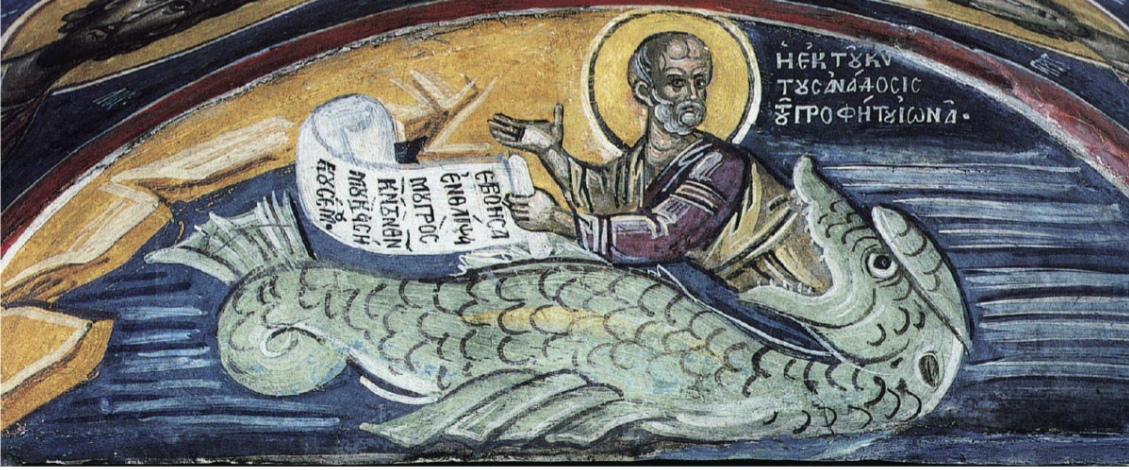The season of Bautha is a three day long period during the fifth week of Epiphany, or exactly three weeks before Lent begins. This year, Bautha commenced on Monday, January 22, and will end on Wednesday, January 24. Bautha is a Chaldean-Aramaic word that means supplication, meaning a request or need. During this time, Chaldeans repent and reflect on the story of the Ninevites and their commitment to God.
”God wants to save the people of Nineveh because they were sinners, and he wants them to repent and correct themselves,” an article by the Chaldean diocese said. “Jonah refuses to be part in this mission because of his belief that the Ninevites are non-believers. Since only Jewish people know God, Jonah reasons, why should he help foreigners?”
This serves as the basis for Bautha. Chaldean Catholics are called to not be selfish among our human brothers and sisters for this season, and, instead, are called to God, regretting our sins and faults to him. By reading the book of Jonah, the most biblical basis for Bautha is discovered. Later in the book, Jonah is swallowed by a big fish and stays in the stomach for three days because of his disobedience and prejudiced mentality. As Jonah repents during the three days inside the fish’s stomach, he is released when the fish spits him back onto the land. Jonah returns to the city of Nineveh scared of God’s wrath, so he tells the Ninevites they will be punished if they do not repent. The whole city of Nineveh begins a three-day period of repentance and abstinence from food without questioning.
Chaldeans still celebrate this special season today. On the last day of Bautha, Wednesday, Chaldeans celebrate mass and pray in glory and gladness that their sins have been absolved and they can go forward into the Lenten season with clarity.
“During Bautha, I abstain from eating from 12am to 12pm. After 12 pm, I do not eat meat or dairy products,” junior Kayla Kilano said.
Most Chaldeans who celebrate follow similar dietary abstinence during Bautha. However, the spiritual aspect of Bautha is equally as important and can vary for each person who celebrates.
“I am trying to better myself during this time by going to mass and adoration more,” Kilano said.
“During this time of Bautha, as I’ve been fasting, I’ve seen this as an opportunity to improve spiritually. I have taken this as a chance to get closer to God through deep prayer and reflection,” senior Ella Poota said.
Many Chaldeans believe in growing closer to God during these three days. Being aware that He has granted us a new season, a close church community, and a chance to be able to abstain from food while remaining healthy, are all important aspects of Bautha.
“The best part about Bautha to me is probably doing it with my whole family and all my friends because then it doesn’t feel like a chore, it feels like an act of love that brings us closer to each other and to God,” Poota said.
As Lent approaches quickly in three weeks, remaining in a healthy and gracious state of mind is important. For Chaldeans, this means taking three days to celebrate Bautha, but even if you are not Chaldean, thanking God for this new year and reflecting on ourselves is what this season is all about.
Picture from: Chaldean Diocese


Yousif Mansoor • Feb 10, 2025 at 4:37 pm
I love how this article is still recent!
I wasn’t able to fully fast till noon this year due to university classes being early “ Monday and Wednesday specifically”, in the morning which I felt bad about, but I was still able abstain from meat and dairy! Any prayers are welcome in order to go forward for the upcoming lent season and grow in holiness towards God!